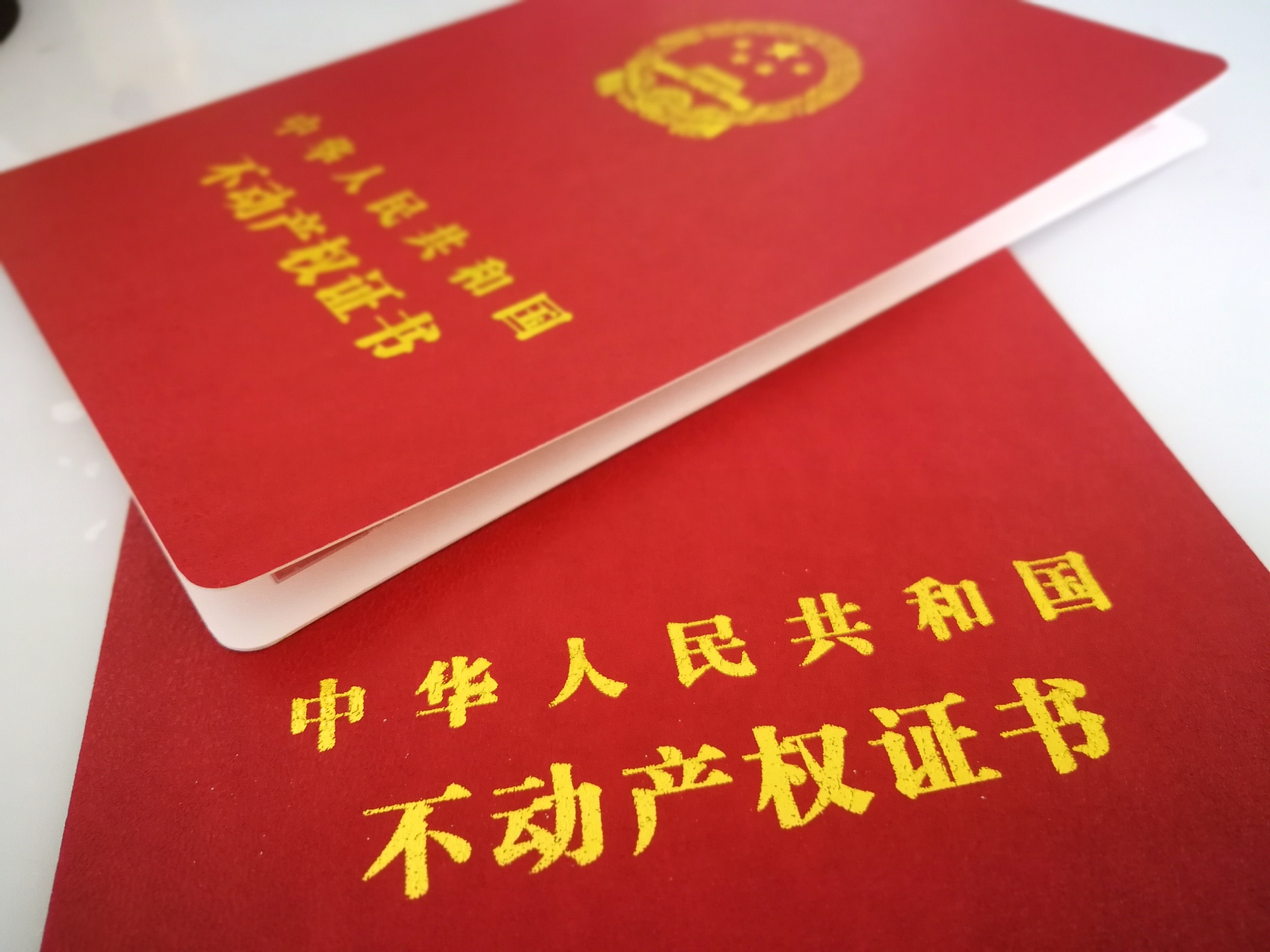March 1st 2015 was a big day for Xing Weifeng, a resident from Xuzhou in east China’s Jiangsu province. On the day, Xing got his real estate certificate, the first of its kind in the country.

File Photo
The certificate, issued by the city’s real estate registration center, records the owner, location and total area of the house, as well as the duration of ownership.
Xing said he felt reassured upon receiving the certificate. “It’s proof of my ownership. Now that my property rights are protected, it’s easier if I want to sell or pledge it,” he expressed.
On the same day, Liu Dequan, a farmer of Hengjiang village, Niutan town, Lu county, southwest China’s Sichuan province also got a license of his rights over the residential land of four people and that of their house.
Previously, Liu would have to go to multiple departments to obtain an equivalent, but now all it takes is a trip to one office.
Also on the day, Lin Requn from Chongyi, a county with rich forestry resources in south China’s Jiangxi province, got a property rights certificate of land for forestry use. With the license, Lin was reassured of his ownership of the 3.3 mu, or 0.22 hectares of camellia oleifera forest.
The issuing of the country’s first batch of real estate certificates marks the implementation of the real estate registration system in China.
Wang Guanghua, Vice Minister of Natural Resources, said integrated registration of immovable property could draw a clear boundary between rightful owners, and therefore reduce the occurrence of ownership disputes and improve the accuracy and authenticity of registration.
Before the integrated registration system for immovable property was put in place, property rights could overlap or be missed during registration due to the lack of unified methods, technologies and procedures for registration, Wang said.
Ha explained that the management and registration in different departments could lead to vague definition of ownership of land for different purposes, such as planting trees and raising animals, or for the two purposes combined, as well as unclear ownership of rights, causing conflicts or contradictions.
The vice minister said an enquiry system of registration was established, which has enabled safe transactions of immovable property. “It marks another milestone in the country’s protection of residents’ property rights,” he noted.
The Constitution protects citizens’ property rights, and the Property Law stresses farmers’ land usufruct rights. The registration system for immovable property marks another achievement of rights protection, the vice minister pointed out.
Over the past three-plus years, the country has integrated registration agencies, registration books, basis for registration and information platforms, delivering institutional dividends to more people.
The country also improved collaboration between different departments, and streamlined administrative procedures for registration and taxation of property transfer, as well as management of transactions, in an effort make sure that things requiring presence in person get done in one place and without the need for a second trip.
Latest statistics indicated that 3,001 centers have been established to handle affairs related to immovable property in 335 cities, 2,853 counties in China, and about 38,000 service counters and 80,000 staff members are serving about 300,000 enterprises and people per day.


